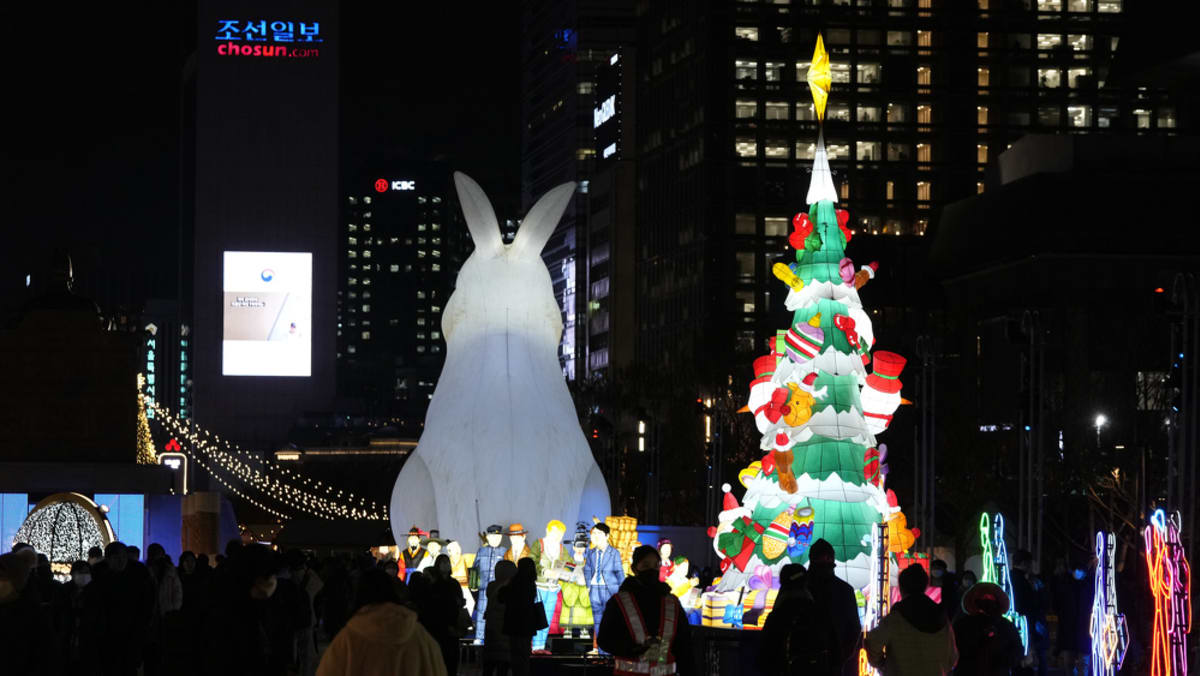
THE SHOW GOES ON
The Christmas show will nevertheless go on. In one sense, the high public profile of Christmas represents South Korea’s religious plurality. Most of the country’s people identify as having no religion; 20 per cent say they are Protestants, while 15 percent identify as Buddhists and 8 per cent as Catholics.
With nothing close to a majority invested in the religious traditions of Christmas, it may be surprising that South Korea is the only East Asian country to have designated Christmas as a national holiday.
Christmas celebrations here can be traced to the American missionaries who began coming to the Korean peninsula in the 1800s. Those proselytising efforts continued for decades, with many South Koreans finding comfort and community in churches following the chaos of the 1950 to 1953 Korean War.
Nowadays church membership is declining, particularly among young people, as large churches have been involved in corruption scandals that undermined trust in them as institutions.
A MOSTLY SECULAR HOLIDAY
Christmas is therefore a mostly secular holiday in South Korea and the traditions here differ from the West.
The rituals of opening presents in the morning followed by turkey dinners are generally not followed. Almost all South Koreans live in apartments that don’t have chimneys; parents would have a tough time explaining to their children how Santa Claus gained access to the premises to leave gifts under the tree.
